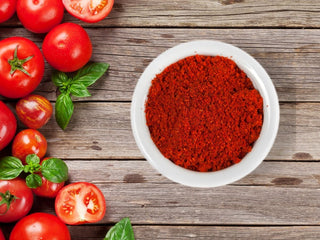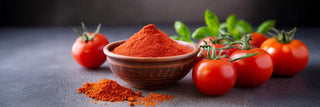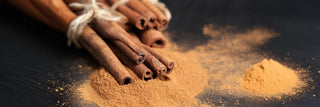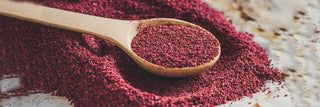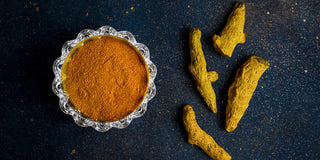Free shipping on all orders within the US.
Your cart
Your cart is empty
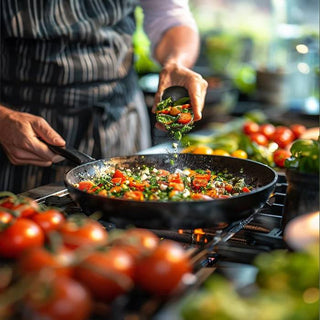
Subscribe to our newsletter and enjoy an instant 10% discount on your purchase.
By completing this form, you are signing up to receive our emails and can unsubscribe at any time
































